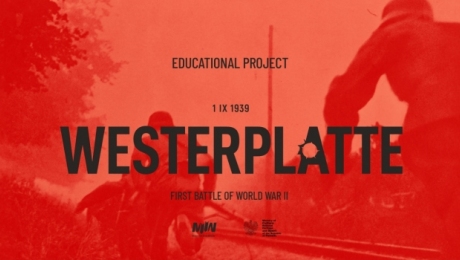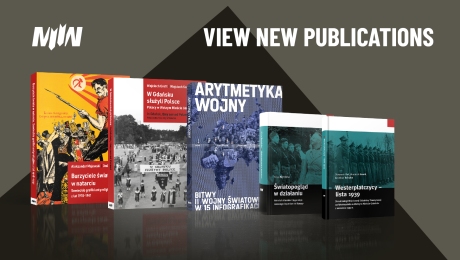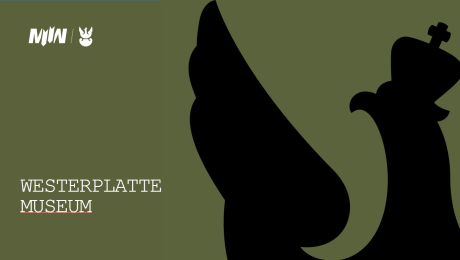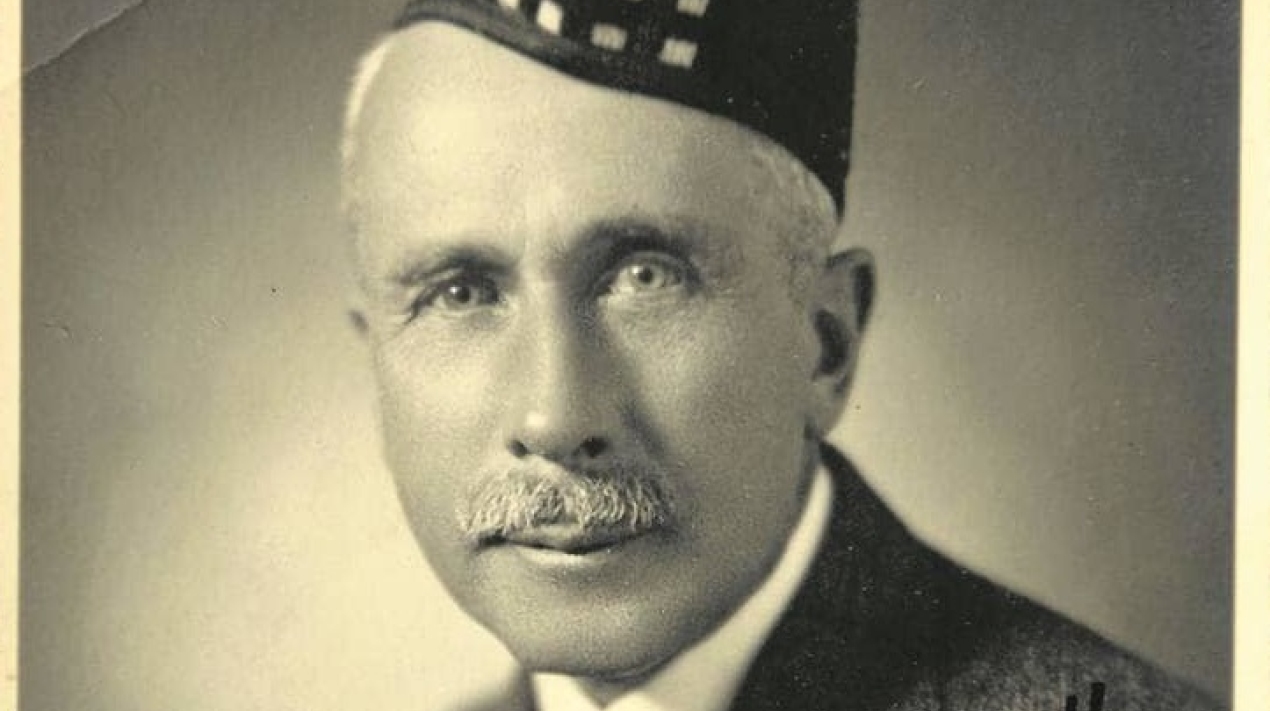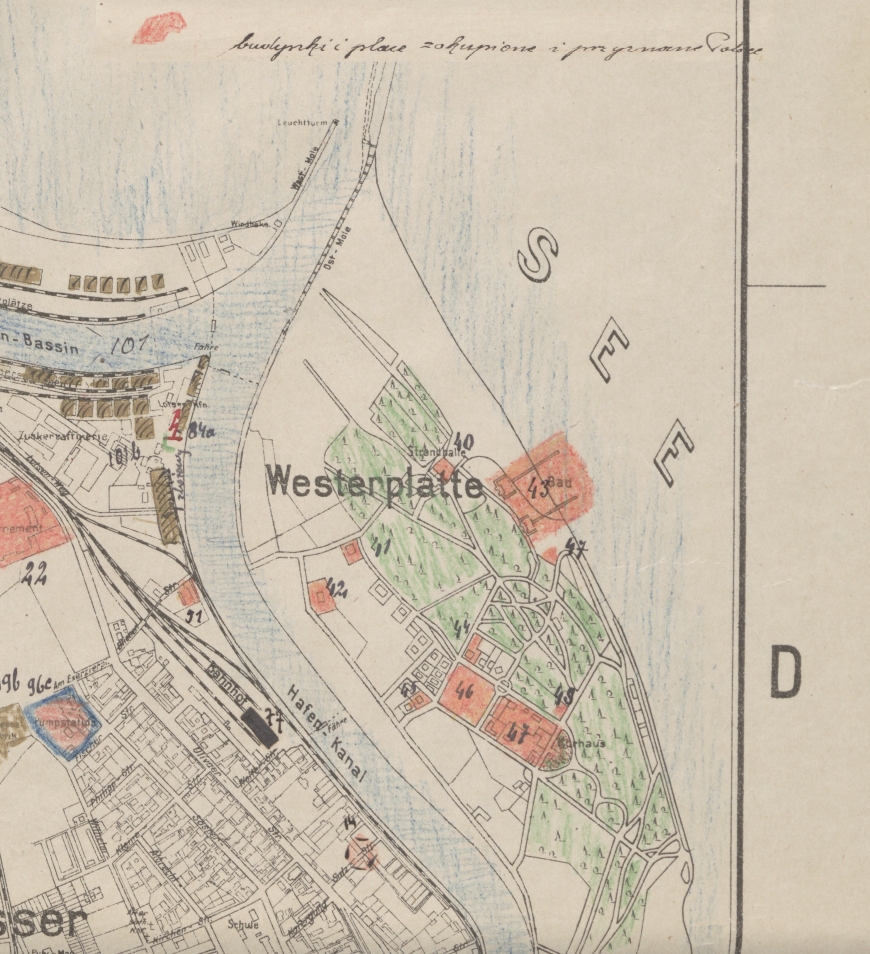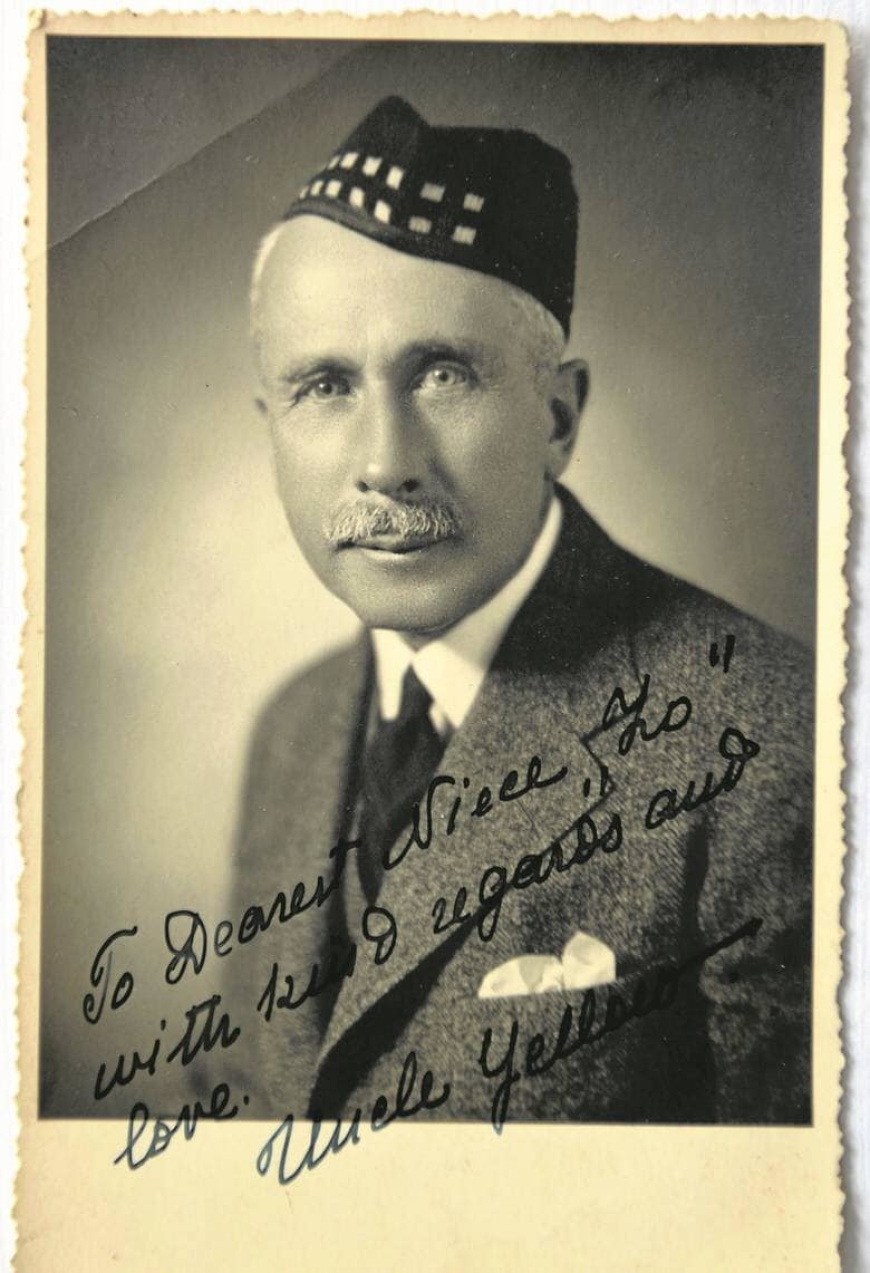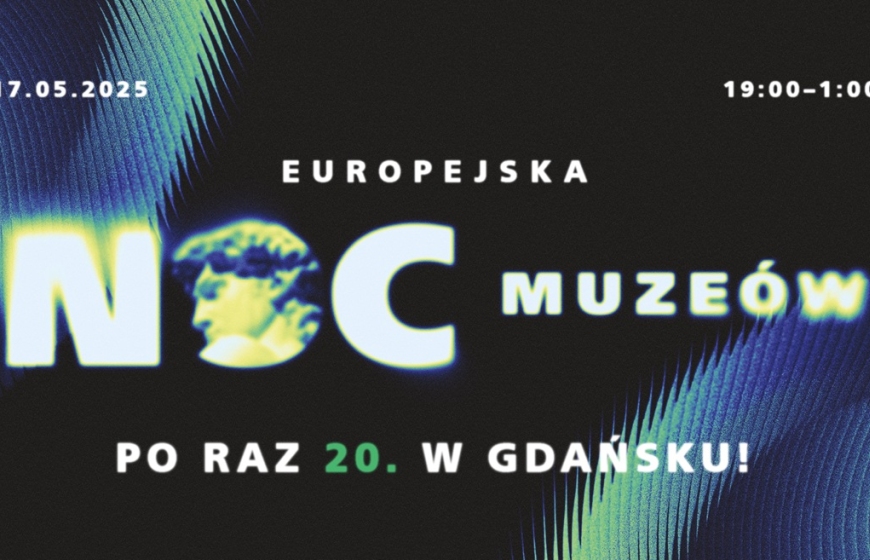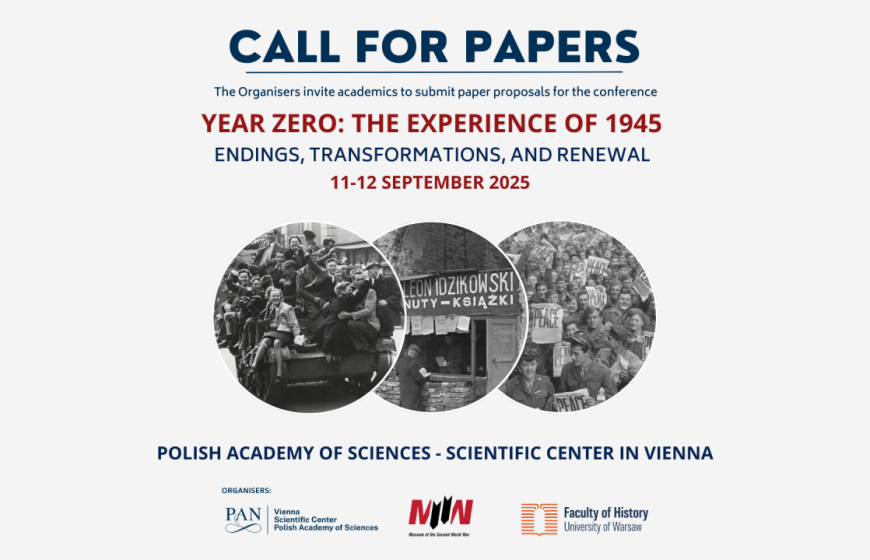MIECZYSŁAW JAŁOWIECKI - THE MAN WHO BOUGHT WESTERPLATTE FOR POLAND
There are many figures that we can associate with the recovery and defense of the independence of the Polish State after World War I. Józef Piłsudski, Roman Dmowski and Ignacy Jan Paderewski can all be mentioned in the same breath in this context. However, there are a number of people whose dedication to and involvement in the Polish cause had a huge impact on the fate of the reborn State, and who have not yet entered into public consciousness. Mieczysław Jałowiecki is one such person.
This aristocrat and Polish patriot was born on December 2nd, 1876 in Sylgudyszki in Lithuania. He was an agronomist and diplomat. Due to his excellent education, numerous foreign contacts and knowledge of several languages, in January 1919 he was appointed as the general delegate of the Ministry of Provisioning in Gdańsk and representative of the Polish government in the city. He operated under the banner of the American Food Mission and was at that time the highest-ranking representative of the Polish government. He dealt with receiving ships with American food aid in the port of Gdańsk, which were then directed to Poland. He also organized a passport office issuing visas to Poland.
Jałowiecki's unofficial mission was the purchase of real estate in Gdańsk. This action was secret, the Polish delegate acted on it in a private capacity. Jałowiecki understood that the enlargement of Polish ownership on the Motława River would strengthen Poland's position during the negotiations concerning the political future of Danzig. It was Jałowiecki who was one of the first people to notice the significance of Westerplatte for the Polish raison d'état. He recognised that having Polish real estate positioned right at the entrance to the port of Gdańsk was of great strategic and political importance. In order to finance the purchase of numerous properties on the peninsula and in the city itself, he cooperated mainly with the Gdańsk branch of Bank Spółek Zarobkowych in Poznań and the Polish Ministry of Treasury.
In the autumn of 1919, he bought a former spa house and several post-resort boarding houses on Westerplatte. The transactions were carried out by a substitute buyer in order to hide the participation of the Polish side. In the following months, further properties were purchased on the peninsula and within the port and the city itself.
The far-sightedness of Mieczysław Jałowiecki's actions related to the purchase of real estate at Westerplatte is illustrated by the effects of negotiations regarding the location of the Polish military reloading base in Gdańsk. One of the arguments for the Council of the League of Nations, which was the body making the decision in this matter, was the existence of numerous Polish properties on the peninsula. This was the direct result of activities initiated by the Polish delegation.
On March 14, 1924, the Council of the League of Nations designated Westerplatte as a place of transshipment and storage of war materials for Poland and allowed the stationing of a guard unit of the Polish Army on the peninsula. The facility eventually adopted the name of the Military Transit Depot and eventually entered into public consciousness as a place of the heroic, seven-day defense in September 1939.
For his activities, Mieczysław Jałowiecki was awarded the Commander's Cross of the Order of Polonia Restituta in 1924.
After the outbreak of World War II, Jałowiecki emigrated with his wife, Zofia Aniela née Romocki Jałowiecka, to Great Britain. He was active in Polish political and social organizations, he also wrote his memoirs and painted watercolors. He died on 10th March 1962 in Beckenham, where he was buried.
Thanks to the efforts of the Museum of the Second World War in Gdańsk, the remains of Mieczysław Jałowiecki and his wife will be brought to Poland. Funeral ceremonies will take place on December 5th, 2022 at the Srebrzysko Central Cemetery at number 2 Srebrniki Street, in Gdańsk Wrzeszcz.






